by Sam Lyon, Head of Corporate and Commercial at Cartmell Shepherd Solicitors.
“The unique makeup of all family businesses comes from the arrangement or blend of business and family involvement. It’s the formula that makes many of them so successful, but it’s also a part of the business that requires consideration and clarity from the owners.
Creating the right family business ownership structure and succession strategy relies heavily on a good understanding of the intentions and objectives of the owners, before making any decisions on the best legal solutions to achieve these.
An awareness and sensitivity towards both business and family matters is required and will shape the outcome of any plans. If you are a family business owner or advisor, seeking to review the business strategies or structures, Sam Lyon of Cartmell Shepherd Solicitors sets out below some of the key areas of consideration he discusses with his family business clients, before making any legal recommendations:
- Who should be allowed to own shares in the business?
Any discussion needs to consider whether the owner would wish only bloodline family members working in the business to be allowed to own shares? What about bloodline family members that are not currently working within the business? Would any non-bloodline family members, such as in-laws, be considered for share ownership? Would any senior non-family employees, such as directors, be considered and if so, what would the decisions be based upon?
If such conversations have not taken place, how would they be received and would doing so lead to potential changes for the business?
- Who should have voting control at both shareholder and board levels?
Will all shares have an equal vote on all decisions, only some, or none at all. For example, some shares can have the right to dividend payments only. Restricting the number of shares with voting rights can allow decisions to be reach more swiftly, but how that will be viewed by wider family members needs careful consideration.
- How do you regard your shares in the business?
The owner would need to clarify whether the shares are regarded as a capital investment, which can be sold to raise funds, or as an asset to be passed on to the next generation.
- Who do you want to inherit your shares?
The owner would need to decide if the shares are to be passed to a single recipient or split? If there are a number of criteria that inform the decision, how often would the owner need to review this?
- What should happen if a family member wants to sell their shares in the business?
Consideration should be given to whom they should be offered and how the price should be calculated. Should the company be given an opportunity to purchase them? Is there an adequate internal market if a family member wants to sell? Should a family member be allowed to sell outside the family, if buyers cannot be found within the family and the company is unable or unwilling to buy?
Should there be a restriction on the number of shares which can be sold by a family member in any single financial year?
When it comes to ownership and succession in family businesses, there are a number of approaches that can be taken in terms of legal documentation and structures. These include shareholders’ agreements, partnership agreements, bespoke articles of association, family charters and constitutions and trust arrangements. Whatever the structure, the key is to ensure that both the family business owner and any advisors first have a clear understanding of his/her intentions and objectives, before deciding the best legal solutions to deploy in order to achieve the outcomes sought.”





 Login
Login
